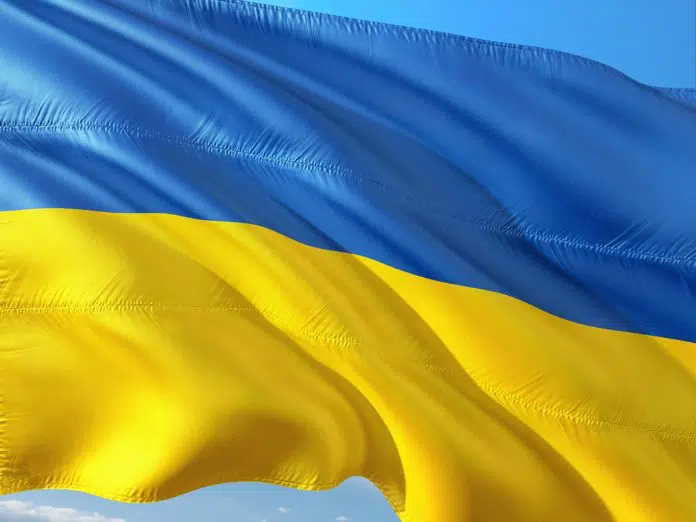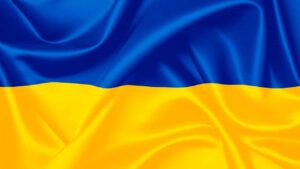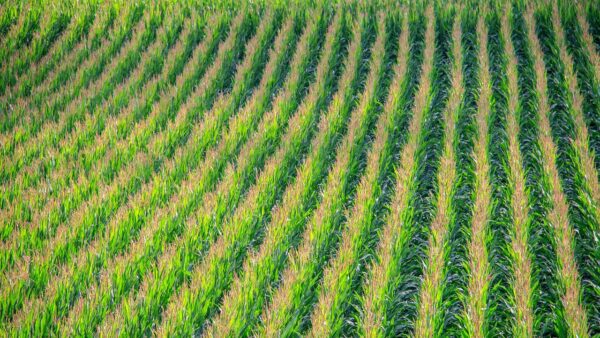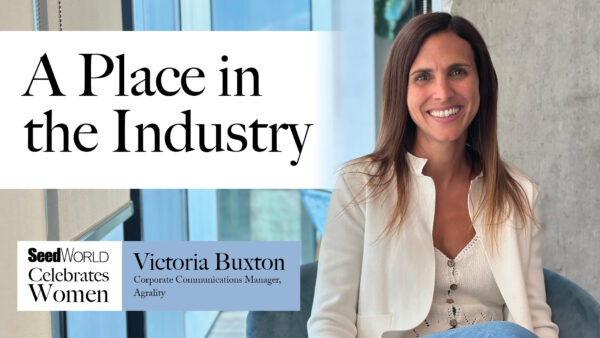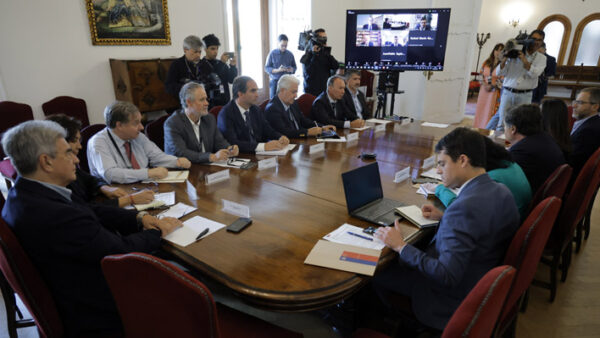
Monsanto Invests in Europe
“People have said we are exiting the GMO business in Europe, but we don’t really have a business,” Monsanto’s president and managing director for Europe, Jose Manuel Madero, recently told Reuters in an interview. “Conventional seed is the area where we are focusing at this time in Europe, and we are funding the business in a way that we haven’t done for more than 15 years,” he said.

Ukraine is a major global grain producer and is forecast to export 14.5 million tonnes of maize this year. |
The company is already investing $300 million to expand its existing seed production facilities in France, Romania, Hungary and Turkey, and has plans to spend “several hundred million dollars” more over the next five years, Madero said. The bulk of that future investment is destined for Ukraine, where Monsanto expects to have its largest seed production plant in Europe within five years after earmarking an initial $150-million investment, which could rise to $300 million within several years.
Ukraine is a major global grain producer and is forecast to export 14.5 million tonnes of maize this year. The country currently imports around half of the seed it needs to produce its annual maize crop, but Monsanto said its plant would reduce that dependence by about a fifth. The company declined to reveal its revenues in Ukraine, but said the total area sown with its seeds there doubled between 2012 and 2013, and that it was optimistic that such growth would continue. “Income per capita continues to increase around the world, in India and China, and Ukraine is playing a very important role in supplying those markets in Asia with grain, so we need to make sure that we are present there,” Madero said.
New Face at Helm of CSTA
Entz outlined the successes CSTA has had over the last year, and attributes much of that success to CSTA’s ability to bring the value chain together: “I think CSTA is being recognized as a can-do organization. We can do it, but we understand that we cannot do it alone. We need to work in collaboration with others.”
“They have a complete track record of safety that’s been affirmed by experience.” |
Spreading the Message
“It’s time for a new, fresh conversation around the balancing act between the demand for food and the tools and technologies we use to meet that demand,” says Robb Fraley, chief technology officer for Monsanto. Seeds are a $10-billion business for Monsanto, and Fraley just won the World Food Prize for his pioneering work in creating the first soybean modified to withstand the herbicide Roundup.
Roundup Ready soybeans dominate the market, and China just approved the use of Monsanto’s latest version. “We still kind of talk about this like it’s brand-new science,” Fraley said. “The reality of it is these products have been used in the marketplace for almost 20 years. They have a complete track record of safety that’s been affirmed by experience.”



